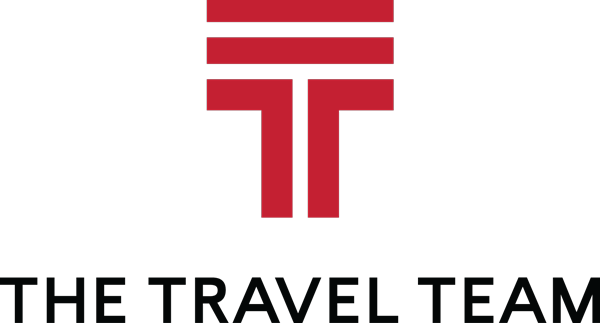Bleisure travel is a growing trend among corporate travelers, with 60% adding a leisure component to their trips! This popularity is due to several factors, including millennial employees’ shifting priorities, remote work, and the rebound of business travel.
What is Bleisure Travel?
Bleisure, the combination of business and leisure travel, takes hybrid and remote work to the next level by incorporating leisure activities into business trips. Travelers benefit from extending business trips for personal travel, with the business portion of their travel costs covered by their employers, allowing them to stay longer at their business destination and paying only for the vacation portion of their trip. Bleisure travelers might invite their friends and family to join them and complete their workday before enjoying a destination together.
Bleisure isn’t new but it is accelerating during the ongoing era of remote work. Workers are finding employers are more amenable to remote work and trust their employees to be available when traveling. On days without in-person business obligations, workers may choose to work remotely full or part-time, effectively making parts of the trip destination remote work.
Benefits of Business Leisure Travel
Improved Work-Life Balance
Offering employees flexible, travel-friendly schedules helps bleisure travelers combat work-related stress and burnout. The flexibility significantly improves mental health, and in turn, promotes greater job satisfaction and engagement. Teams that travel together may also forge stronger bonds and improve internal communication, which is essential for success in the workplace.
Post-Pandemic Priorities
Beyond just work-life balance, the post-COVID era places a strong emphasis on mental health awareness and increased worker flexibility. The reliance on remote work during COVID proved workers can remain productive outside of the office. Bleisure travel may empower employees to prioritize their mental well-being through greater awareness of the need to incorporate stress reduction and mindful experiences into business practices.
Bleisure Travel Trends
instead of one or two lengthy vacations per year, frequent corporate travelers may choose to extend several business trips so they can visit more places and have more experiences. Bleisure travelers may also be drawn to wellness-oriented activities. Wellness trips offer mental, physical, and emotional health-focused activities like mindfulness and nature immersion. These trips are also popular with workers who seek to create separation between the business aspect of their trip, disconnecting from devices as soon as the work day ends.
Tips for Bleisure Travel
- Plan your business obligations for mid- to late-week and use the weekend for leisure. This way, you won’t need to use any of your personal paid time off to enjoy the trip. If it works out, consider planning a bleisure trip around a long weekend. Or extend the trip to include work days and work remotely in a relaxing and inspiring destination.
- Choose which business trips you want to add leisure elements to carefully. Potential candidates include destinations with very long travel times, such as Asia and Australia for workers based in the United States, or locations you’ve never visited before.
- Let your boss and coworkers know your plans before you leave on bleisure travel. This way, everyone knows you’re putting business first and taking in your destination on personal time. If you’re extending your vacation beyond the scheduled business trip but still working remotely, you’ll want to be clear with your employer about your availability. Avoid distractions by creating a daily work schedule and sticking to it. Even if you’re a freelancer or have received permission from your company to work a flexible schedule while on your bleisure getaway, you should maintain a sense of structure.
- Explore your business destination after your last morning meeting or following dinner one night. Then, head to a nearby city for the leisure portion of your trip. This is very easy to do in many parts of Europe and the US.
- Pack smart for your bleisure trip. You’re combining two trips into one, but you don’t get twice the luggage.
- Plan which attractions, restaurants, neighborhoods, and parks you want to see before you leave home. You might not have time to create an itinerary during the work day, and you don’t want to have to put one together at the last minute when you should be vacationing!
- Keep business and leisure separate while traveling, especially regarding business vs. personal expenditures. Misusing a generous travel policy can easily cause a company to change it.
How Organizations Can Adapt to Bleisure Travel
Adapting to bleisure travel requires trust and flexibility. Embracing a bleisure travel policy doesn’t mean your company is compromising work in favor of travel. Rather, it serves as a way to keep employees happy and energized, which is a benefit to any organization. Setting clear guidelines and communication protocols ensures productivity goals remain met while increasing employee satisfaction and well-being.


